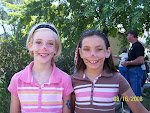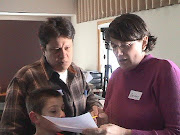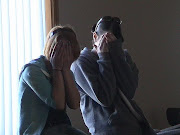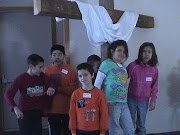Mark 2:13-17
A third week of encounters with outcasts! This time it is the tax collector called Levi (or Matthew). This seems to happen soon after healing the paralysed man as Jesus is teaching to another group of people.
The Romans had this nifty way of collecting taxes and transferring feelings away from themselves. They required taxes, they had the local population collect them, and they didn't pay to have these taxes collected. So to make money the tax collectors had to charge extra in taxes, and sometimes a lot extra. So, these tax collectors were the ones hated not the Romans!
The Pharisees went further and made the tax collectors outcast - they and their families were restricted from a lot of things but especially from the synagogue. In the days of sacrifice, this meant that they were separated from God. (Just on a tangent thinking about Levi. I doubt that tax collector was the career choice he set out for after graduating high school. By the time he ended up as one I wonder if he felt that he had a choice in his future at all?)
What did Jesus see when He looked at Him? What did He say? What was the response?
Jesus said, "Follow Me"; Levi now had a choice for the future and he had two responses. The first response was the same as the other called men, the fishermen. He left everything to follow Jesus. (See Luke 5:28 and then vs 11). Jesus saw the same thing He saw when He looked at James, John, Peter or You and I. He saw ordinary people who could be extra-ordinary with Him.
The other response of Levi was to throw a party made up of tax collectors and fishermen; sinners and disciples. A) What, if any, was the difference between the two groups?
B) Being a disciple of Jesus does that - it pushes us together and connects us with "outcasts".
So the Pharisees were checking out this party from the door and asked the disciples (not Jesus) why He was hanging out with such sinners. What does a sinner look like? To the Pharisees - anyone who they said it was.
Some final questions.
What does it mean to eat together? What does it mean for Jesus to eat with all these people? Does it have anything to say about who should be included at Holy Communion?
Jesus said that He came not to call the righteous but the sinners. Of those two, who recognizes their sin? Is it enough to recognize your sin? Is the church a rest home for the righteous or a hospital for sinners?
See also Hosea 6:6, Micah 6:8, and Isaiah 1:10-20 about justice, mercy and personal righteousness.
Tim
Clean Pain or Dirty Pain (#1017)
-
"All healing involves discomfort—but so does refusing to heal." So writes
Resmaa Menakem in his book, *My Grandmother's Hands, *which Wayne and Sara
have...
5 days ago



















No comments:
Post a Comment